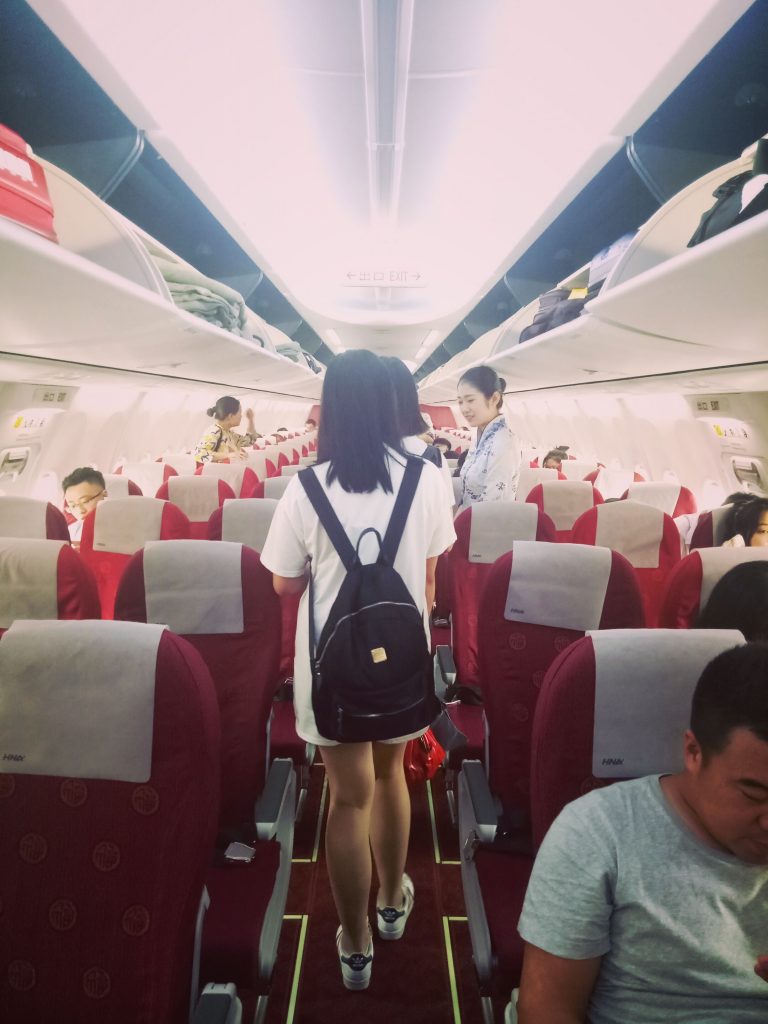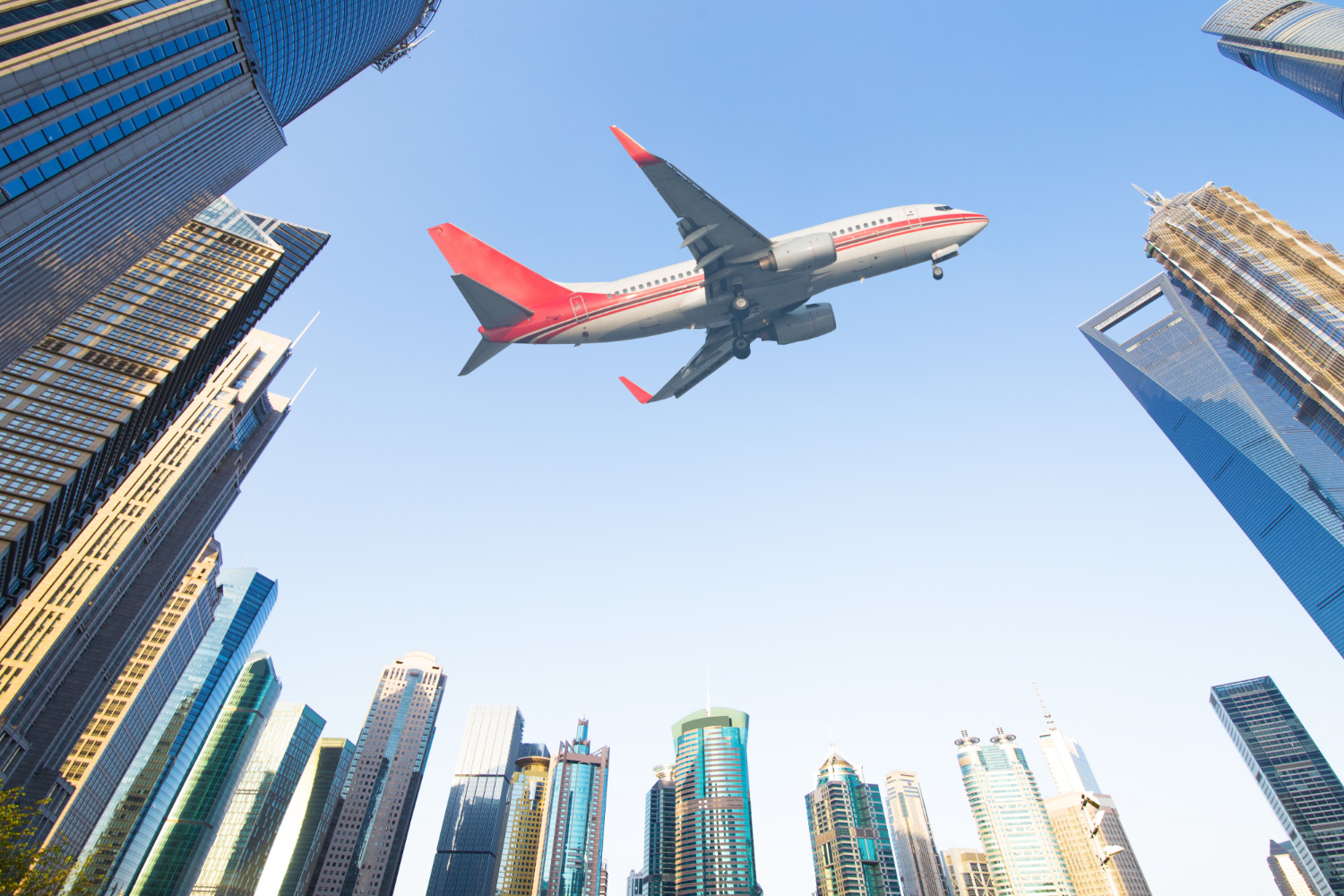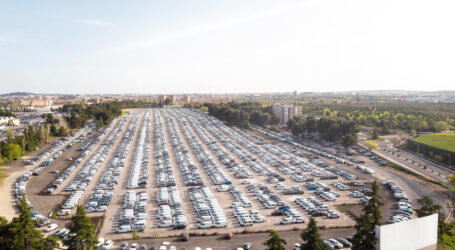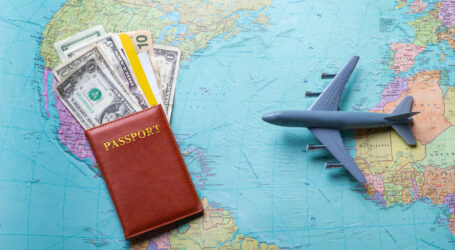The Chinese Competitive Mentality
On a recent flight from China to Australia, I was able to observe a unique demographic of Chinese people who come from mostly affluent walks of life in Chinese society, boarding an airplane destined to transform themselves into overseas Chinese (华人), immigrant-class Australians, or Australian citizens ten hours later on arrival to Australia.
I had flown from Guangzhou Baiyun international airport (白云国际机场) to Xi’an Xianyang international airport (西安咸阳国际机场) en route to Australia.
In the layover time, I saw some Chinese who distinctly looked like they had lived in Australia or a Western country for many years. They were very stuck-up, prudish people that do not really look like they want to openly talk to other Chinese.
When our airplane arrived to Australia and everyone alighted in Sydney, I observed these people still acting snooty.
I noticed the competitive mentality inherent in Chinese people followed a parcel of Chinese passengers from China back to Australia.
This kind of snooty personality comes from the fact that they have spent so much time in Australia and experienced so many cultural differences that they then think they are better than mainland Chinese.

The Importance Of Face (面子) And Status (地位) In Chinese Society
So, what gives rise to this culture of competition in China?
In Chinese society, competition is fierce, from needing perfect school grades, to securing a respectable job. A Chinese person feels compelled to project the appearance of success to their friends, family, and the rest of Chinese society. Other facets of Chinese society also place a heavy emphasis on status (地位) and face (面子).
Chinese who immigrate to Australia use status (地位) to show everyone back in China how cool they are, how they can afford the 100,000 RMB ($20,000 AUD) deposit required in their Chinese bank accounts to be approved for an Australian visa, how much sunshine there is around them, how many beaches they drive to, how they live in a leafy suburban Australian house that they call their own. The lifestyle shown off to mainland Chinese gives them instant face (面子).
In some cases, excessive focus on looking like a high-roller – carrying a Gucci bag, wearing Dolce & Gabbana fashion, and taking selfies in your sports car – runs you the risk in Chinese society of being labelled a pretender (装逼). After all, how does a rich second generation (富二代) seventeen-year-old Chinese kid in Australia with no job afford all these designer brands, were it not for millionaire parents splashing cash on a few new apartments in Chatswood?
This is one cultural difference between Chinese and Australians. China as a destination just does not have an illustrious reputation in The West. Australian people would not travel to Asia for bragging rights back home. Often, Westerners who travel to China are received oddly, as friends and family wonder, “China! Why China?”
Understanding Chinese Class Mentality
The problem I saw in this case example of 300 Chinese people (with 3 Westerners on board) on an airplane to Australia is their competitive mentality. This competitive mentality follows them even when they become Australian citizens.
Most Chinese people who immigrate to Australia, lived in Australia for many years, adopted some local culture and local practices, and learn to speak English fluently, do not want to help other Chinese people who come later in life from China. Chinese immigrants (华人) view new Chinese arrivals differently, despite how they all come from mainland China.
That is where this class-mentality comes into play.
One Chinese friend of mine who immigrated to Australia ten years ago has this same competitive mentality. He is more Australian than Chinese. Then there are the inevitable comparisons between mainland Chinese and Hong Kong or Macau Chinese, which complicates the class divide in China.
Class Warfare In China
I think this Chinese competitive mentality stems from what one Chinese male seated beside me on the airplane revealed.
The Chinese passenger said, “That is one thing I don’t like about China, is that there are class systems.”
I agreed, “Yeah. In Australia we don’t have that.”
He continued, “I know. In Australia you can have a good job, or a job that is not so good, and you are relatively equal with each other.”
I agreed, “Yeah, there are no class differences in Australia. Everyone treats each other the same. It does not matter whether you are a plumber, or a member of parliament. We are all equal in the eyes of Australians.”
He said, “But in China it is different.”
He gave an example, “You could be rich, driving a fancy car in China. Then in a roadside stall (路边摊) is a poor Chinese villager selling trinkets. They are side by side, but they are worlds apart.”
In China they are competitors. The rich would never give regard to the poor. One is a loser, and one is a winner. These two classes of people in China would never associate with each other, whereas in Australia, they would.
Equality In Australia
In Australia, we would never look at people in terms of “winners” or “losers”. We would never look at a coffee shop employee or laborer digging up dirt at Rosehill racecourse as a loser.
We are all hard-working Australians.
I guess that is the point that is lost on some aloof Chinese who first travel abroad. In their host country there are no winners and losers. Conversely, Australia is full of humanity, and compassion.
Some people just adapt quicker than others to these cultural differences.


Diary Of A Mad Chaos is a daily diary written from March 1996 until today, of which individual books and book series have been created, namely “The Lost Years” an exploration of young, entwined love, the “Wubao In China (猎艳奇缘)” book series which provides an extensive comparative analysis of the cultural differences between Eastern and Western societies, and the book titled “Foreigner (华人)” an exploration of race relations in Australia.










